Inspired by a True Story
The series is a drama starring Park Bo-young, Yeon Woo-jin, Jang Dong-yoon, and Lee Jung-eun. It is directed by Lee Jae-kyoo (known for All of Us Are Dead) and is based on the webtoon created by Lee Ra-ha, who drew inspiration from her professional experiences as a former nurse.
The story follows Jung Da-eun (Park Bo-young), a general nurse working at Myungshin University Hospital. On the advice of the senior doctor on her team, she transfers to the hospital’s psychiatric ward to support the nurses working there.
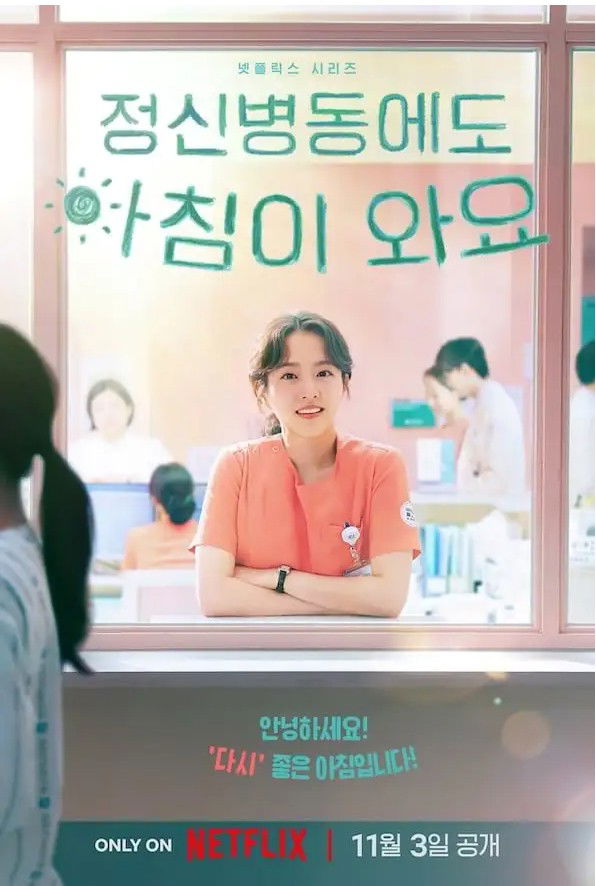
Jung Da-eun is deeply empathetic, prioritizing the well-being of her patients, which earns her their affection. However, her strong empathy makes her feel inadequate, as she believes her focus on individual patients slows down her coworkers. This reveals her insecurities and lack of confidence—traits that later take a toll on her mental and emotional well-being.

At the same hospital is Dr. Go-yun (Yeon Woo-jin), a skilled proctologist and brilliant colorectal surgeon who has obsessive-compulsive disorder (OCD). He has a compulsive habit of cracking his knuckles, which leads to humorous situations with his patients due to the visible thickening of his finger joints from his compulsions. Contrasting Da-eun’s gentle demeanor, Go-yun has a practical yet playful personality, often serving as an emotional rock for his friends and eventually becoming a strong source of support for Da-eun.
Complex Themes Delivered With Sensitivity
Studies show that regular exposure to sunlight helps the body produce vitamin D, which can have neuroprotective effects by increasing serotonin levels and promoting brain plasticity—key factors in managing conditions like anxiety and depression. Conversely, vitamin D deficiency is associated with a higher risk of depression, ADHD, anxiety, and even suicide.
In this context, the series aptly chose the title Daily Dose of Sunshine, addressing delicate themes with the warmth and comfort of sunlight without an overwhelming intensity.
This thoughtfulness is evident from the very first episode, where Da-eun cares for her first patient, Oh Ri-na, who suffers from bipolar disorder. In one striking scene, Oh Ri-na takes off her clothes and dances through the psychiatric ward corridors, illustrating her condition. The dance is portrayed as a beautiful moment of liberation—Oh Ri-na is, in her mind, free of the pressure and societal constraints typically imposed on her.
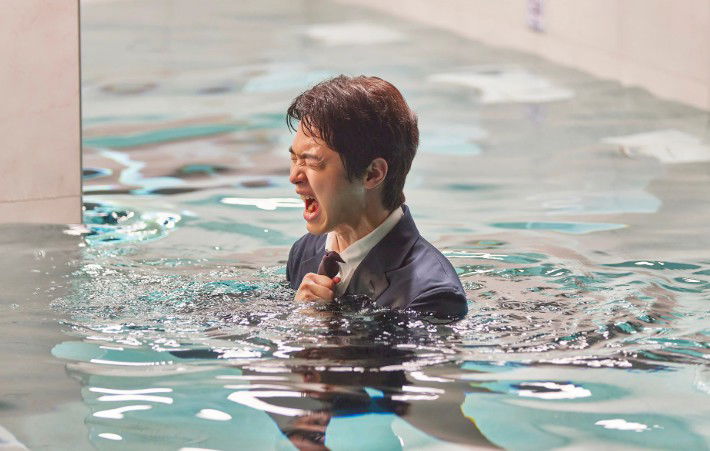
This symbolic act underscores the patient’s struggles. However, the following scene depicts the harsh reality of her condition: as nurses rush to cover her, Oh Ri-na urinates on herself, reflecting the challenging and often unforgiving nature of such situations for both patients and caregivers.
In another episode, panic disorder is explored through the experience of Song Yu-chan (Jang Dong-yoon), Da-eun’s best friend, who feels submerged and trapped underwater during a panic attack. He struggles to breathe, drowning in a mental and emotional torrent.
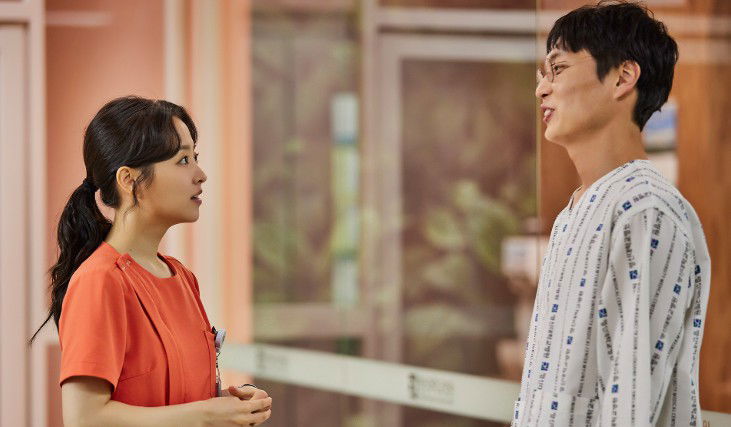
Mental health conditions are often difficult to articulate. Even those who experience them may struggle to fully understand what they’re going through. By using powerful symbolic imagery, the series helps viewers better comprehend these challenges from an outsider’s perspective.
A Cultural Taboo
Nearly half of the South Korean population has dealt with depression at some point, yet many remain reluctant to discuss it due to societal stigma in family, school, or professional environments. According to a joint study by the Chosun Ilbo and the Health Culture Research Group at Seoul National University, 1,000 Koreans aged 18 and older were surveyed. By 2025, 49.9% of respondents reported experiencing depression, compared to 11.5% in 2018 and 26.2% in 2021. Instances of suicidal thoughts and self-harm also rose considerably, with 22.2% admitting they had experienced such thoughts, up from 4.6% in 2018.
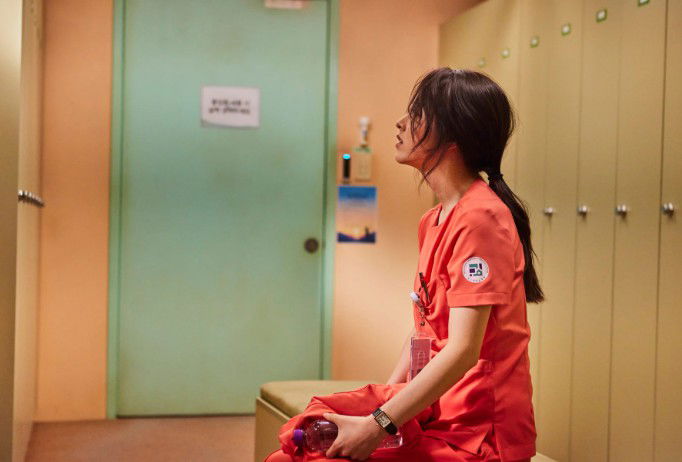
Despite these concerning numbers, 88.3% of participants said they tend to ignore or downplay their own issues, enduring them silently. A quarter of respondents (25.7%) admitted they do not confide in family or friends about their struggles.
This reluctance to seek help is often tied to fears of societal rejection and workplace discrimination, which can harm job prospects or personal relationships.
Given these cultural barriers, it is commendable that Daily Dose of Sunshine addresses mental health so directly, fostering awareness among viewers. The series transcends entertainment, becoming an essential starting point for these vital conversations.
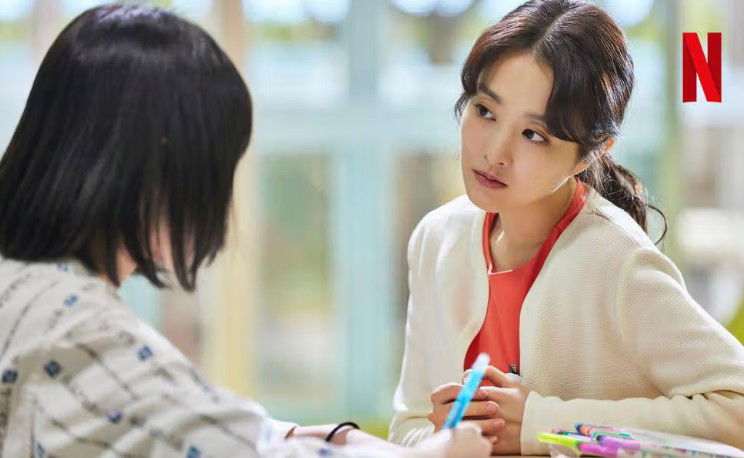
In Brazil, while discussions around mental health are more open, challenges persist. Public mental health services remain scarce, and stigma still lingers with derogatory expressions like “psychiatry is for crazy people.”
Shows like Daily Dose of Sunshine prove vital for breaking stigmas and should be recommended for viewers who feel emotionally prepared to handle its themes.
Trigger Warning
As expected from its central themes, the series deals with sensitive topics, including self-harm and suicide, which may be distressing for some viewers. It is essential to approach the show with awareness of potential triggers.
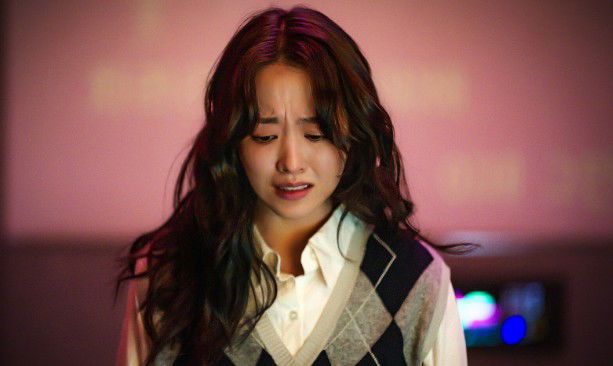
Some episodes, particularly those more intense or heavy, may be better absorbed with breaks in between. For many viewers, this isn’t a series to binge-watch but rather to reflect on at a slower pace. If given the opportunity, however, it is a richly rewarding show to experience.
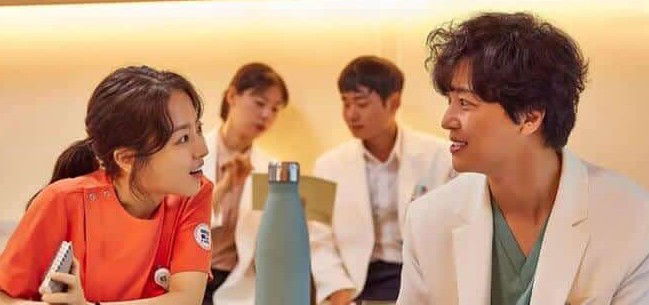
The Human Side of Care
A unique strength of Daily Dose of Sunshine is its portrayal of the nurses surrounding Da-eun, highlighting their own challenges and struggles.
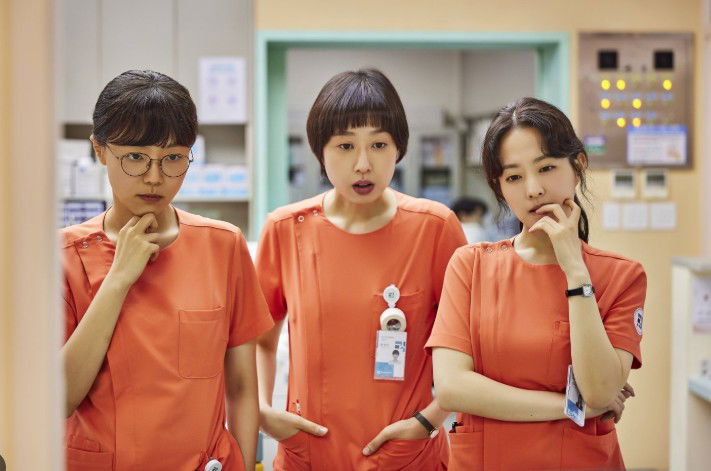
This exploration humanizes the staff, showing them as individuals who face daily hardships yet remain dedicated to helping their patients. These characters are more than mere background figures. They enrich the narrative by learning from their patients and confronting their own limits.
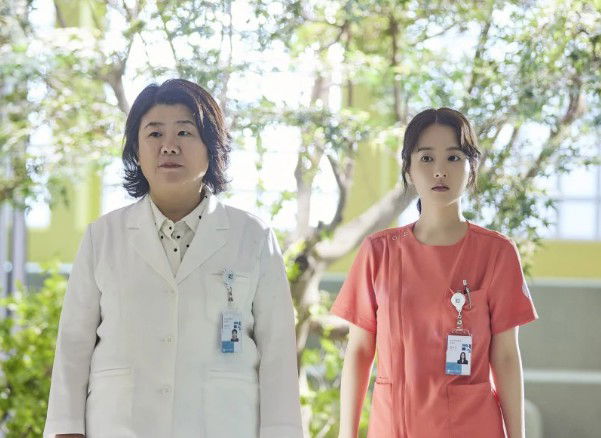
From Caregiver to Patient
In a dramatic twist, Da-eun herself experiences a breakdown after a devastating event. The compassionate, beloved nurse becomes a patient, requiring medication and professional care. She struggles to come to terms with her mental health diagnosis.
This parallels the experiences of many individuals, perhaps even ourselves.
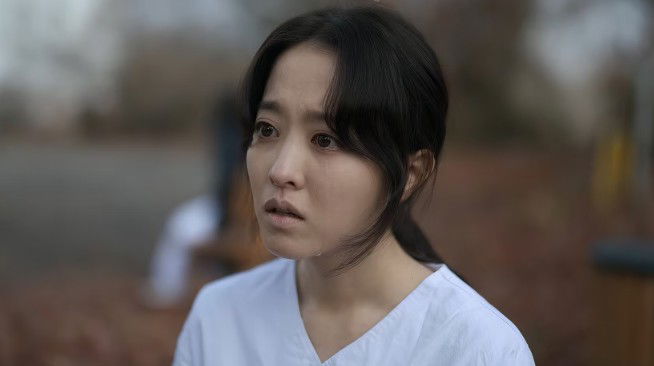
“How can I have depression? How can I have Generalized Anxiety Disorder?”
It’s common to resist acknowledging mental health issues, as if admitting them makes us weak. But these struggles can happen to anyone, and they are not our fault. Through Da-eun’s journey, we learn to accept our challenges, allow others to help us, and, most importantly, find ways to love and value ourselves.
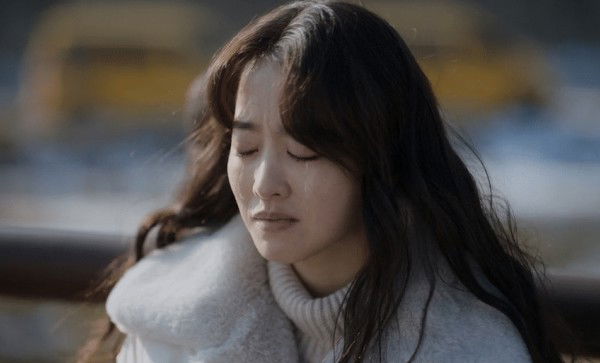
It’s time to let go of prejudice and seek knowledge. We must care for ourselves and embrace mental health conditions when they arise, without letting them define who we are.
My Perspective
As someone with level 1 autism, ADHD, and panic attacks, this series resonated deeply with me. I appreciated how respectfully the actors and director presented an often-taboo topic that remains a daily reality for people like me.
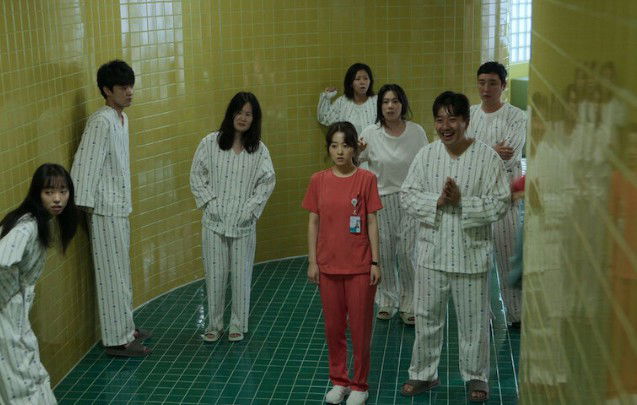
We need more productions like this—stories that approach mental health with sensitivity and honesty, respecting patients and showcasing how professional care can make a difference.
This is my personal recommendation.
Will you give Daily Dose of Sunshine a chance to broaden your perspective on mental health?
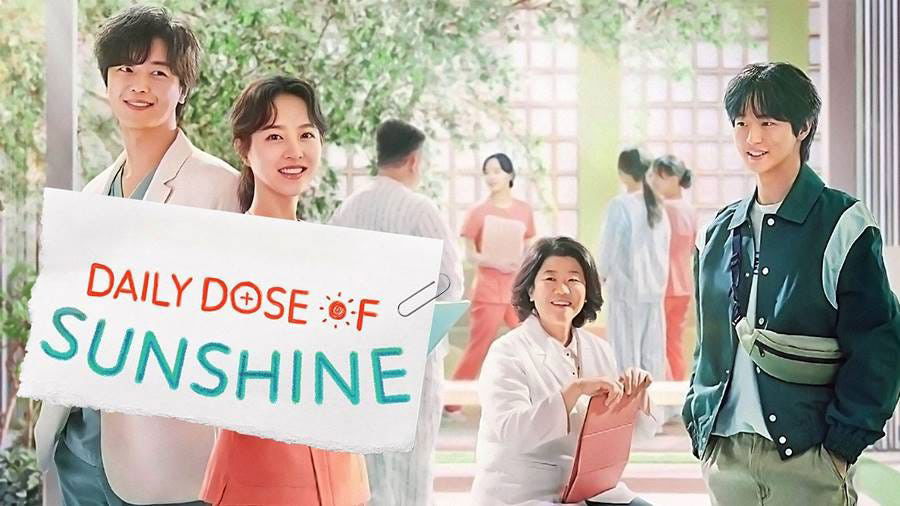









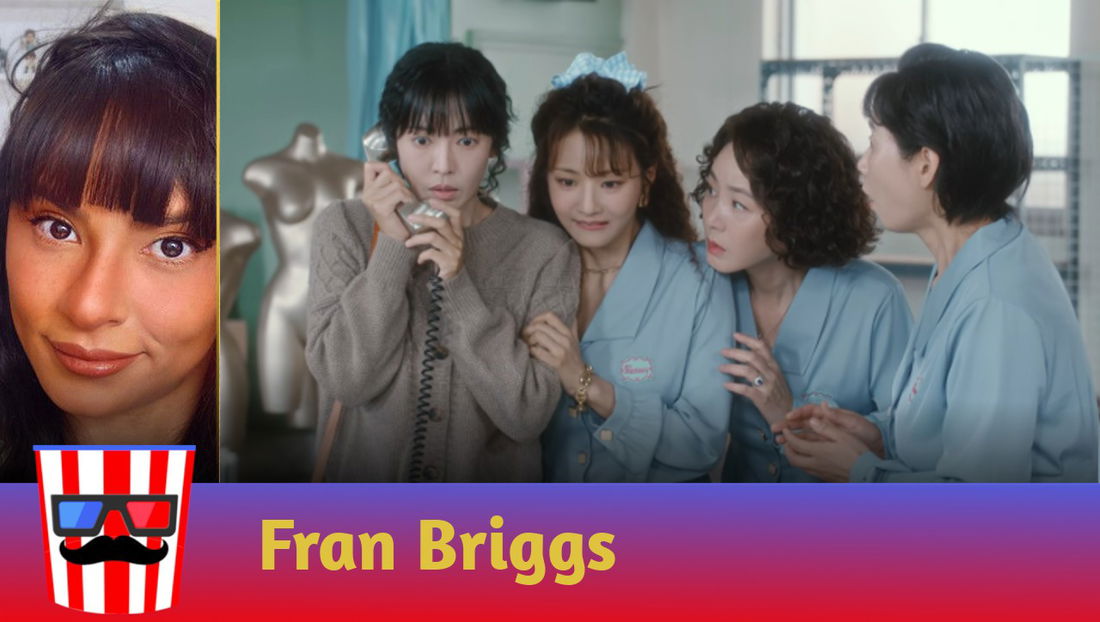

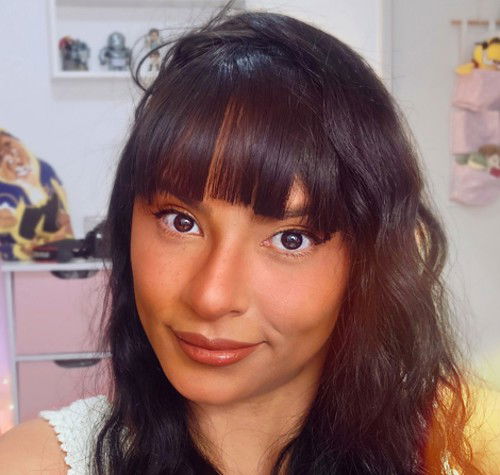

— Комментарии 0
, Реакции 1
Прокомментируйте первым